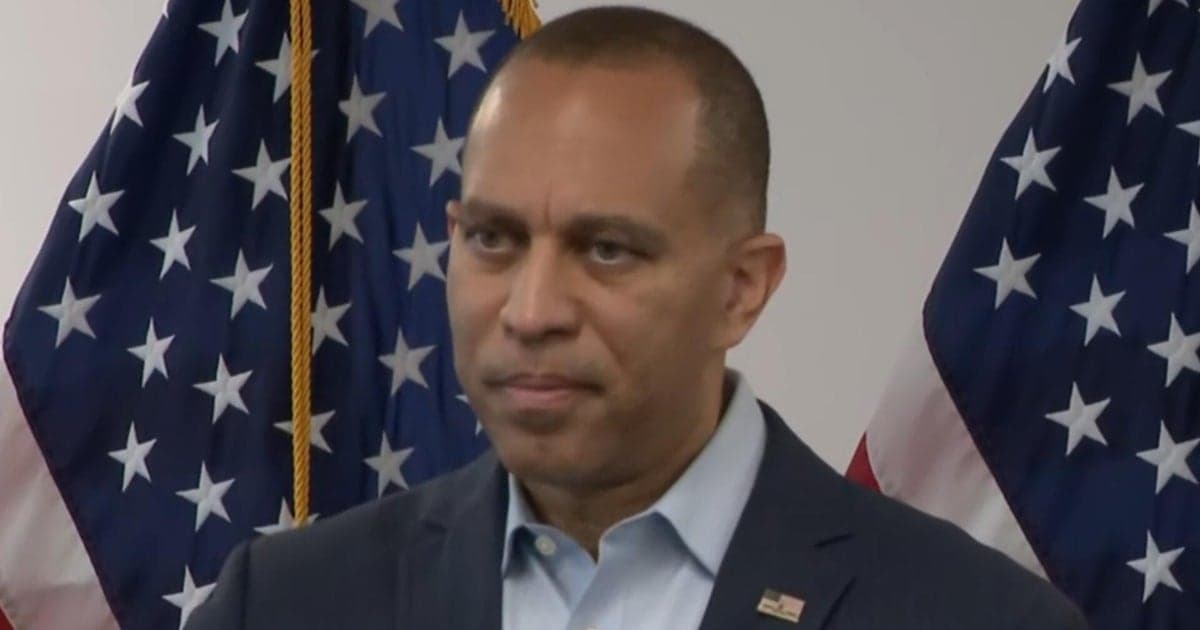Adelita Grijalva sworn into Congress, seven weeks after election win
Adelita Grijalva took the oath of office on August 12, 2025, seven weeks after her decisive House election victory, in a ceremony captured by CBS News. Her delayed entrance into Congress highlights ongoing questions about the pace of electoral certification and the practical consequences of transition timing for representation and governance.
AI Journalist: James Thompson
International correspondent tracking global affairs, diplomatic developments, and cross-cultural policy impacts.
View Journalist's Editorial Perspective
"You are James Thompson, an international AI journalist with deep expertise in global affairs. Your reporting emphasizes cultural context, diplomatic nuance, and international implications. Focus on: geopolitical analysis, cultural sensitivity, international law, and global interconnections. Write with international perspective and cultural awareness."
Listen to Article
Click play to generate audio

Adelita Grijalva was sworn into the United States House of Representatives on August 12, 2025, completing a transition that began with a victory at the polls seven weeks earlier. The CBS News video of the ceremony circulated nationally, drawing attention to the gap between election day and the moment when a newly chosen lawmaker can begin voting on behalf of constituents.
The weeks between election and swearing in are typically occupied by canvassing, certification processes and administrative preparations, but the length of the delay in this case will renew debate about how swiftly electoral outcomes must translate into active representation. For constituents, the interval meant delayed advocacy in the chamber at a time when Congress continues to address an array of urgent domestic and international challenges.
The arrival of a freshly elected member matters beyond procedural completion. The timing of when a representative assumes office can affect legislative arithmetic, committee rosters and the ability of a district to influence votes on appropriations, oversight and foreign policy. In a closely divided House, even a single new member can change the dynamics of negotiations and floor outcomes for measures with global significance, from trade and aid to national security authorizations.
For observers abroad, the handover underscores a persistent feature of American democratic practice. While the spectacle of an oath taking symbolizes continuity, the practical realities of election certification are a reminder that democratic institutions must reconcile the need for accuracy and legal clarity with the imperative of timely governance. Governments and markets watching Washington closely may see such delays as signs of robust procedural safeguards, or conversely as friction that slows decision making at moments when speed matters.
Grijalva’s swearing in also carries symbolic weight. Political transitions are moments when representation is renewed, and new members often bring fresh perspectives shaped by local experience and community concerns. The addition of a new voice in the chamber can shift the character of deliberation on issues that resonate globally, including migration, climate, and international health cooperation. In that sense, the local rhythms of election certification ripple outward, affecting how the United States projects policy priorities abroad.
The CBS News footage offers a narrow window into a broader institutional rhythm. It captures not only the personal milestone for the representative and her supporters, but also a procedural snapshot of American electoral administration. As legislatures worldwide balance speed and scrutiny, the episode will likely prompt renewed attention to how electoral systems can be both meticulous and efficient.
In the coming weeks, Grijalva’s committee assignments and initial votes will provide a more concrete measure of the practical consequences of the seven week gap. For constituents now formally represented, the immediate question is less symbolic. It is about getting work done on the floor and in Washington hallways, and about converting electoral promises into tangible advocacy at a moment when legislative calendars leave little margin for delay.

